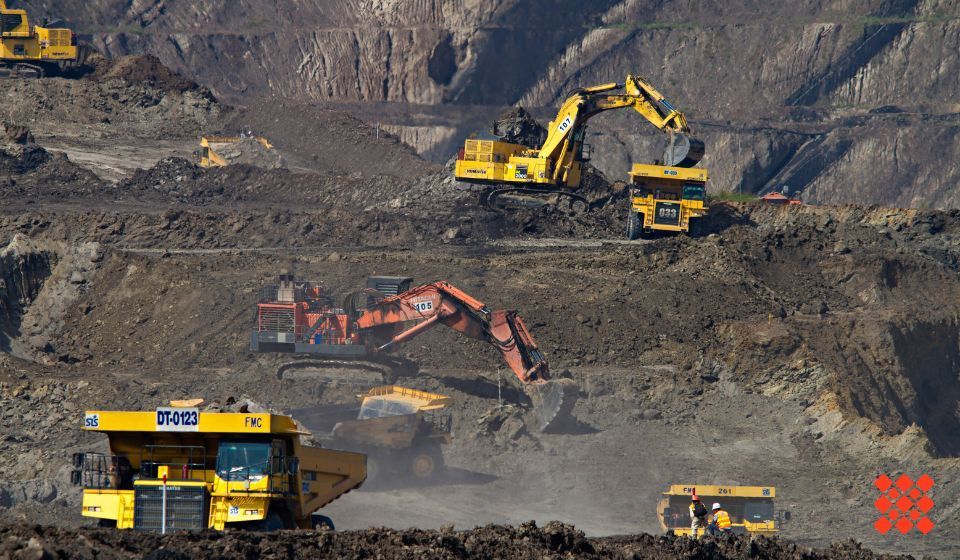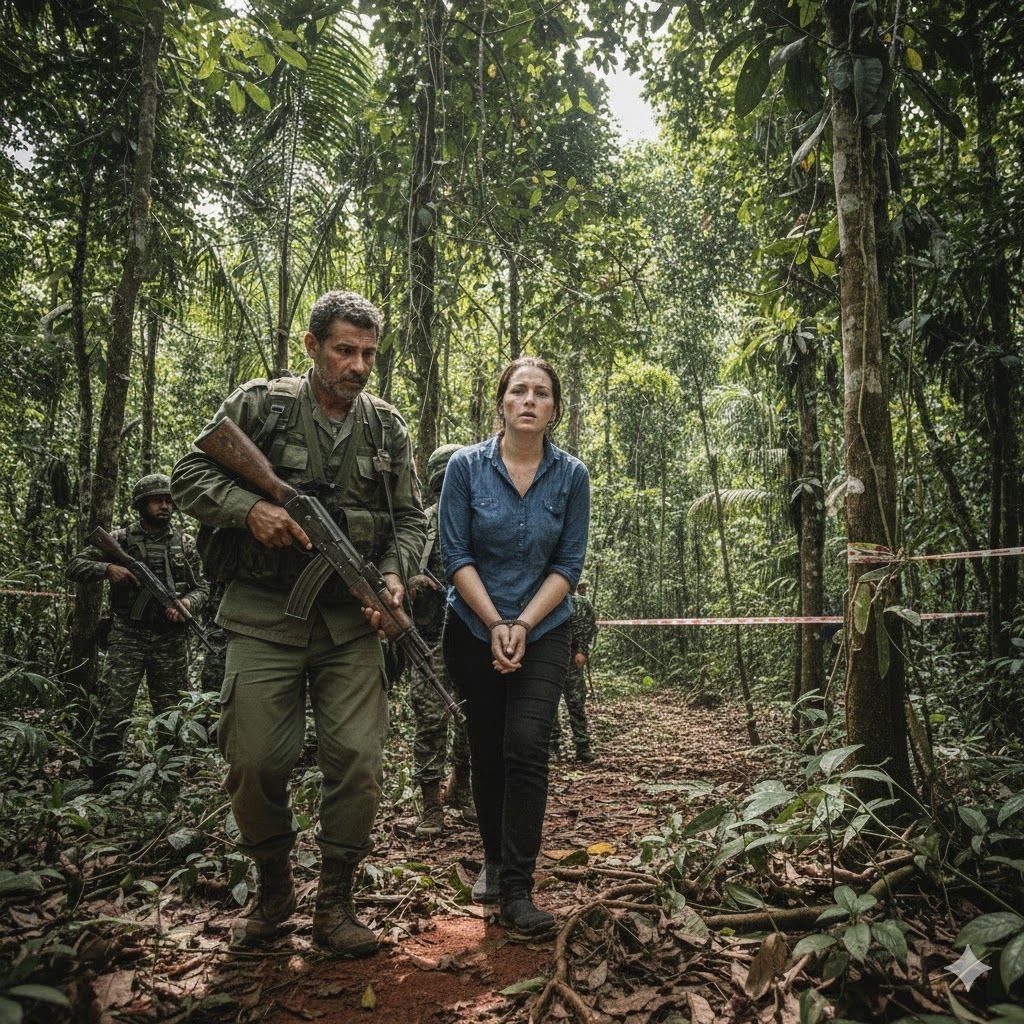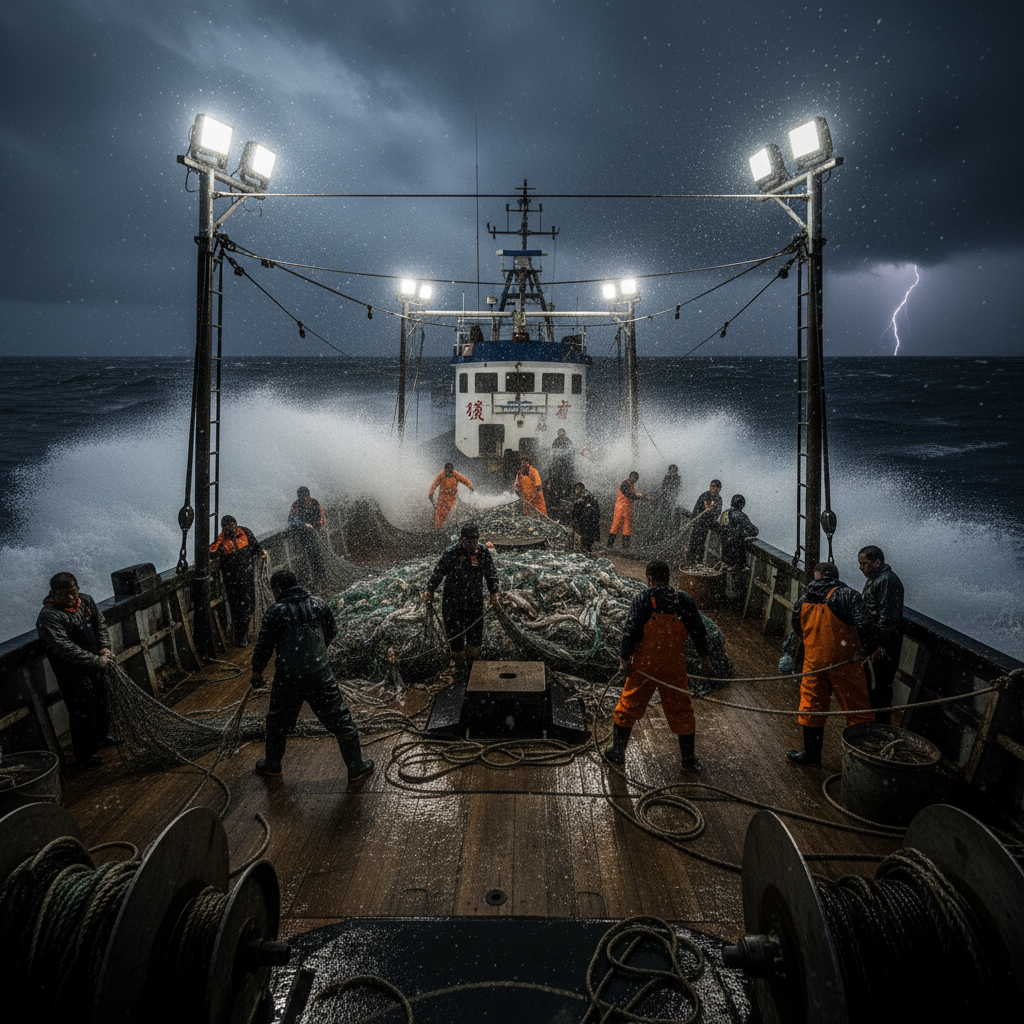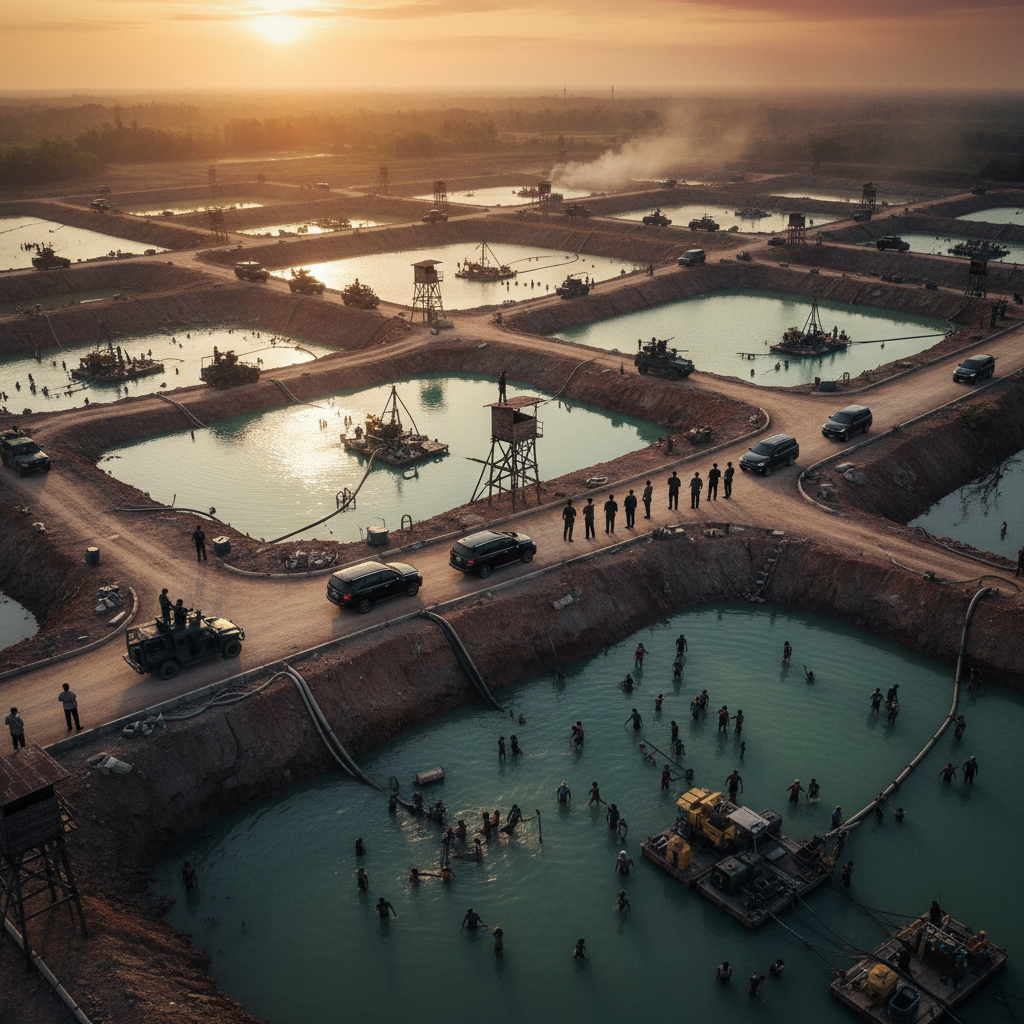Nickel industry expansion in Indonesia
The increasing need for electric vehicle batteries in the US and Europe has spiked nickel demand internationally. Evidencity previously tried to shed light on China’s influence in the EV sector and battery production and explain the involvement of international car manufacturers.
As a key player in the battery supply chain, the nickel industry has attracted Chinese foreign direct investment through the Belt and Road Initiative to secure supply, impacting populations and habitats in nickel-rich countries.
Namely, Indonesia has seen a boom in industrial development related to nickel refining activities. From 2020 to 2022, the country’s nickel production doubled up to 1.6 million tonnes – representing at least 48% of global supply.
Business deals worth more than USD 15 billion have been signed with the likes of Tesla, Hyundai Motor, and other international companies.

Indonesian nickel industry expansion
Indonesian President Joko Widodo, also known as Jokowi, is the evident champion behind the Indonesian nickel industry’s expansion. In 2022, he issued a regulation encouraging the growth of “National Strategic Industries” to “increase the added value of natural resources."
Under his memorandum, new coal plants can be categorized as “national strategic projects” when they contribute to job creation and national economic growth. This is despite the country’s commitment to transitioning away from coal in powering its grid.
At the end of 2022, Indonesia had 13,000 MW of captive coal power projects under construction, according to the Global Energy Monitor (GEM).
From 2020 to 2022, Indonesia’s nickel production represented at least 48% of global supply.
Lives lost in the Morowali Industrial Park
The Morowali regency in Sulawesi Island is the area most encroached by nickel-related projects, which are linked mainly with Chinese interests.
More specifically, Morowali houses the Indonesia Morowali Industrial Park - a vast USD 10 billion-worth joint venture between the Indonesian government and the Chinese Tsingshan Holding Group.
In its 4,000 hectares, 18 companies operate, employing more than 70,000 Indonesian and 11,000 foreign workers.
However, the nickel industry boom in Indonesia has a dark side of environmental destruction, land grabbing and precarious working conditions.
Between 2015 and 2022, at least 47 workers lost their lives in nickel-mining sites and 76 more were injured. In addition, 10 Chinese workers allegedly committed suicide. Most of these incidents took place at the Morowali Industrial Park.
Evidencity investigates PT Gunbuster Nickel Industry
Evidencity examined one of the Chinese companies operating in the Morowali Industrial Park that has been linked with deadly incidents, unlawful practices, and environmental destruction.
PT Gunbuster Nickel Industry (GNI) was incorporated in Jakarta, Indonesia, in 2019 under registration number 0215151665 and a capital of USD 2.7 billion. Its smelter has an annual output capacity of 1.8 million tonnes. GNI is not publicly traded.
The firm is owned by the Chinese company Jiangsu Delong Nickel Industry Co. Ltd, founded by Dai Guofang – a Chinese entrepreneur who was reportedly jailed in Jiangsu in 2004 on tax evasion charges and illegal land procurement in his former capacity as chief executive of Tieben Steel.
GNI’s CEO is Chinese national Tony Zhou Yuan who also serves as a director of Jiangsu Delong subsidiaries PT Virtue Dragon Nickel Industry (VDNI) and PT Obsidian Stainless Steel (OSS).
Mr Yuan is said to have a close relationship with Ali Mazi, the governor of Southeast Sulawesi. Mr Mazi is known to be on the supervisory board of Tony Zhou Yuan’s Foundation, the Andrew & Tony Foundation.
Interestingly, Mr Yuan’s foundation partner, Mingdong “Andrew” Zhu, is Dai Guofang’s son-in-law and had been entrusted with setting up PT Virtue Dragon Nickel Industry in Indonesia.
GNI, which receives Indonesian government support under the national strategic project list, gained notoriety in January 2023 after a deadly riot occurred at its Morowali plant, leaving three dead, several injured, and 71 arrested.
The workers, protesting against poor working conditions and payment delays, clashed with security officers and attempted to set equipment on fire.
Multiple workers have died at the GNI plant throughout its operation. In June 2023, a deadly fire broke out, killing one and injuring six.
In December 2022, it was reported that Nirwana Selle, a young crane operator known in Indonesia through her TikTok account, and another employee had burned to death when the smelter furnace caught fire.
Local community
Moreover, the local community has been vocal about GNI’s unlawful practices in Morowali since 2018, when the plant construction began. Locals reported that the Lampi River was dammed and blocked by the company without previous warning, consultation, or land acquisition process, causing two incidents of serious flooding. According to residents, GNI grabbed 300 hectares of land.
Locals have also pointed out that GNI’s operations pollute the Tokonanaka Bay, where large ships and coal barges dump leftovers and dust into the sea.
On August 23, 2021, a resident of Bunta Village sued GNI for illegally occupying local people’s land to access a mining haul road. The resident won the lawsuit filed at the Poso District Court. GNI had to pay land owners INR 55 thousand (USD3,612.88) as compensation.
GNI has denied the allegations, saying all its activities and operations comply with prevailing laws.
Evidencity conducts in-house research on TruthSeeker, researching companies and individuals of global economic interest.



